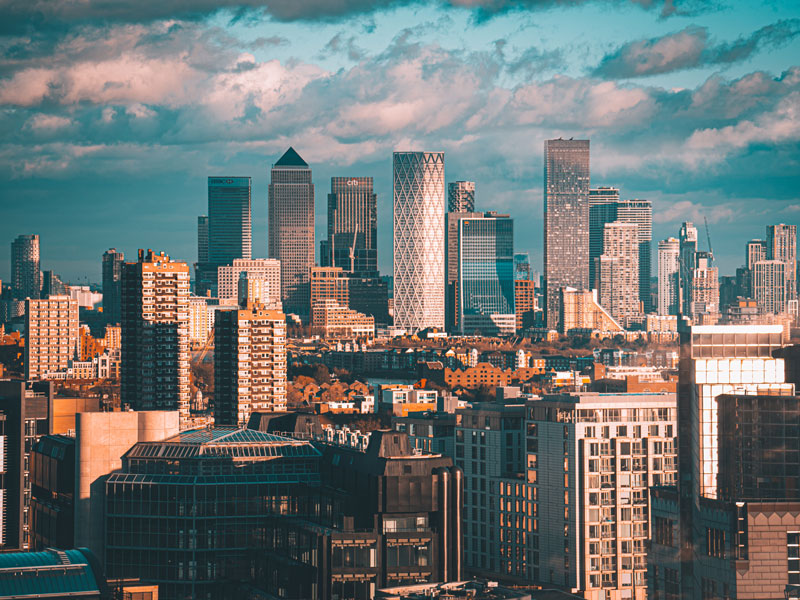
For years, London has been synonymous with being the global clearing-house for dirty money, attracting illicit funds from around the world. However, recent developments and increased scrutiny have brought about a growing determination to put an end to this reputation.
London’s role as the world’s dirty money clearing house has been well-documented. High-value properties have become a haven for criminals and money launderers, seeking to legitimise their ill-gotten gains by investing in the city’s prestigious real estate market. This influx of dirty money has distorted property prices, fuelled inequality, and compromised the market’s integrity.
Taking Action
Recognising the urgent need to combat money laundering and restore the credibility of its financial system, the UK government has implemented various measures to curb the flow of dirty money into London. One significant development was the introduction of the “Unexplained Wealth Order” (UWO) mechanism in 2018. UWOs empower authorities to investigate individuals who own assets that appear disproportionate to their known income, allowing for the seizure of these assets if the owner fails to provide a reasonable explanation. This tool has proven effective in uncovering hidden wealth and exposing money laundering activities.
Transparency is crucial in eliminating London’s reputation as a dirty money clearing house. The British government has taken steps to increase transparency in the real estate sector by establishing a public register that tracks the ownership of overseas companies owning UK properties. This register aims to prevent money laundering and deter criminals from using real estate as a means to hide their illicit funds. It serves as a valuable tool for authorities to identify suspicious transactions and ensure greater accountability.
Collaborative Efforts
Tackling the issue of dirty money requires collaboration between governments, regulatory bodies, and financial institutions. Sharing intelligence and strengthening international cooperation are vital in exposing and dismantling global money laundering networks. To this end, the UK government has been working closely with international partners to enhance information sharing and coordinate efforts to combat illicit financial activities.
While progress has been made, challenges remain in completely eradicating London’s reputation as a clearing-house for dirty money. The complexity of financial networks and the use of offshore entities make it difficult to trace the origins of illicit funds. Continued investment in resources, technology, and expertise is necessary to strengthen the capacity of law enforcement agencies to detect and prevent money laundering activities effectively.
London’s status as the world’s dirty money clearing house is slowly being dismantled through a combination of legislative measures, increased transparency, and international collaboration. The introduction of UWOs and the public register signify the commitment to combat money laundering and restore integrity to the real estate market. While challenges persist, there is a growing determination to ensure that London’s financial system remains clean and transparent, safeguarding the city’s reputation as a global financial hub.


